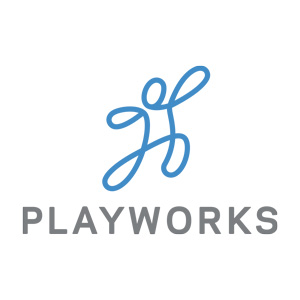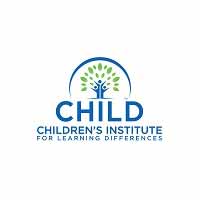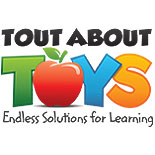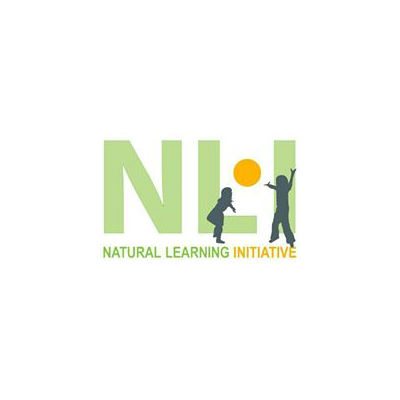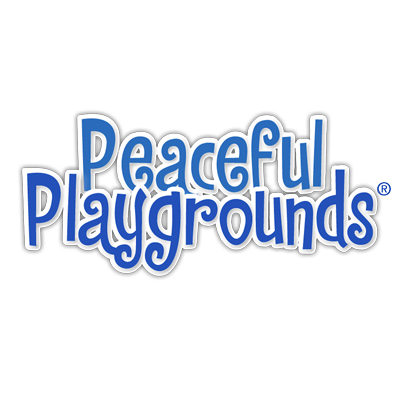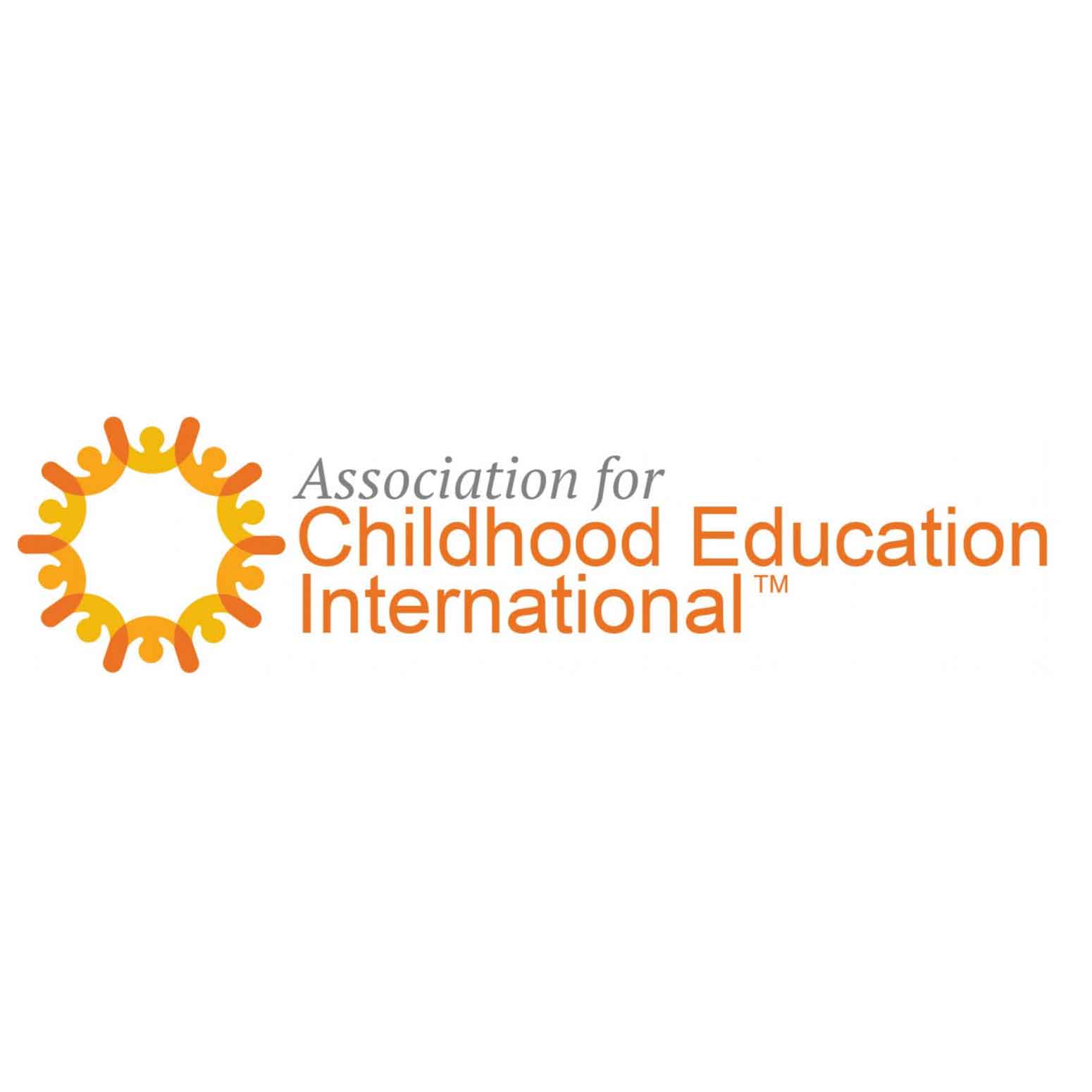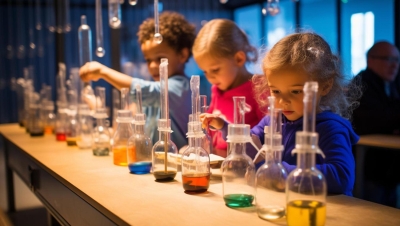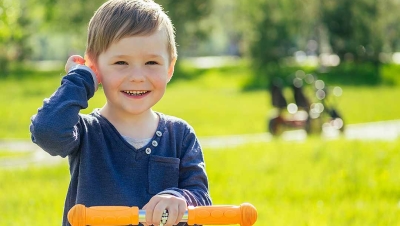Education

Playful education resources represent a dynamic and innovative approach to learning that seamlessly blends fun and knowledge. These resources incorporate engaging activities, games, and interactive tools that encourage exploration, creativity, and critical thinking in learners of all ages. Whether it's educational apps, hands-on science experiments, or interactive storytelling, playful education fosters a love for learning by making it an enjoyable adventure. By infusing play into the educational process, these resources not only enhance understanding but also promote retention, making complex concepts more accessible and memorable. Playful education has the power to transform traditional learning into an immersive and rewarding experience, creating well-rounded and motivated learners who are better prepared for the challenges of the future.







